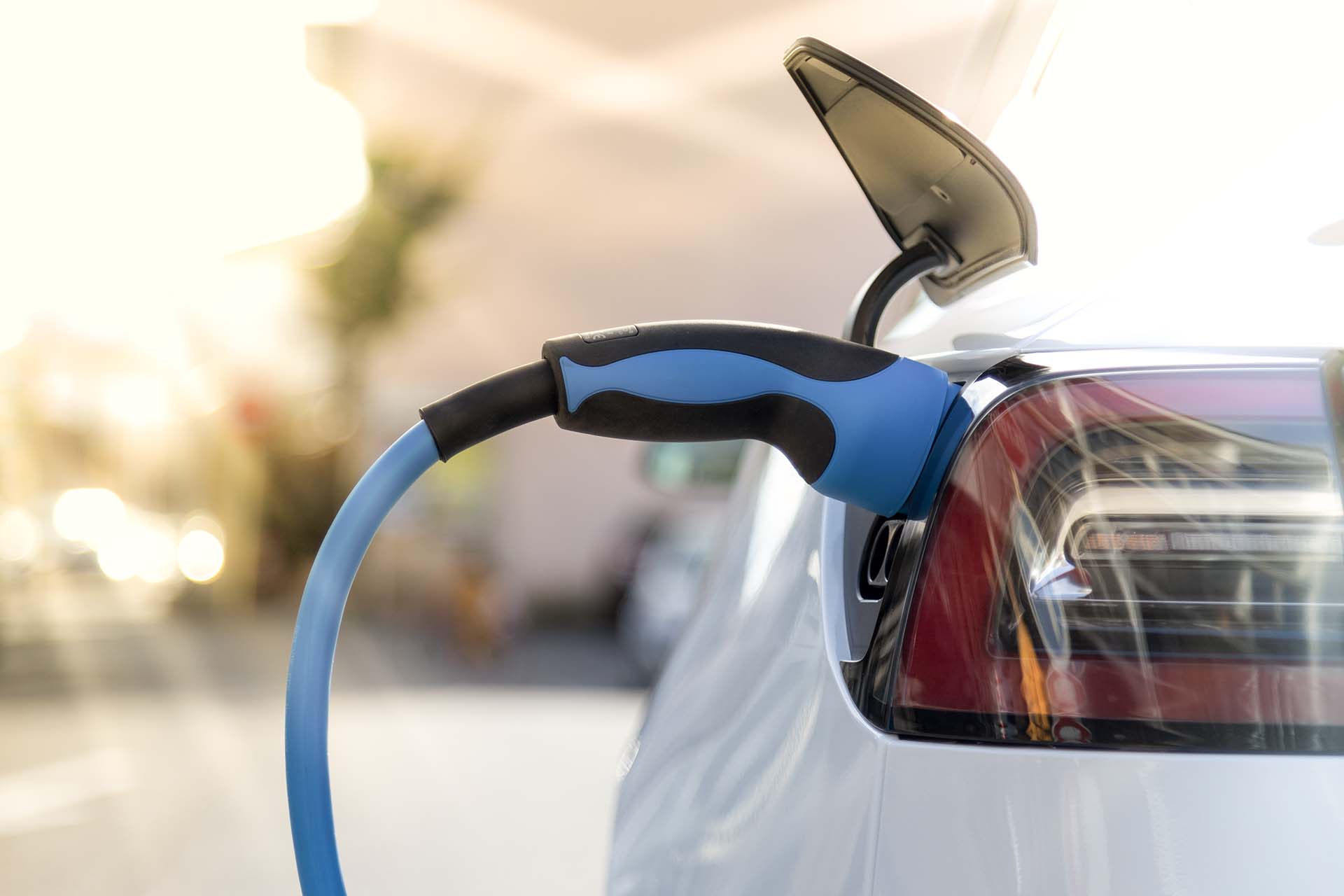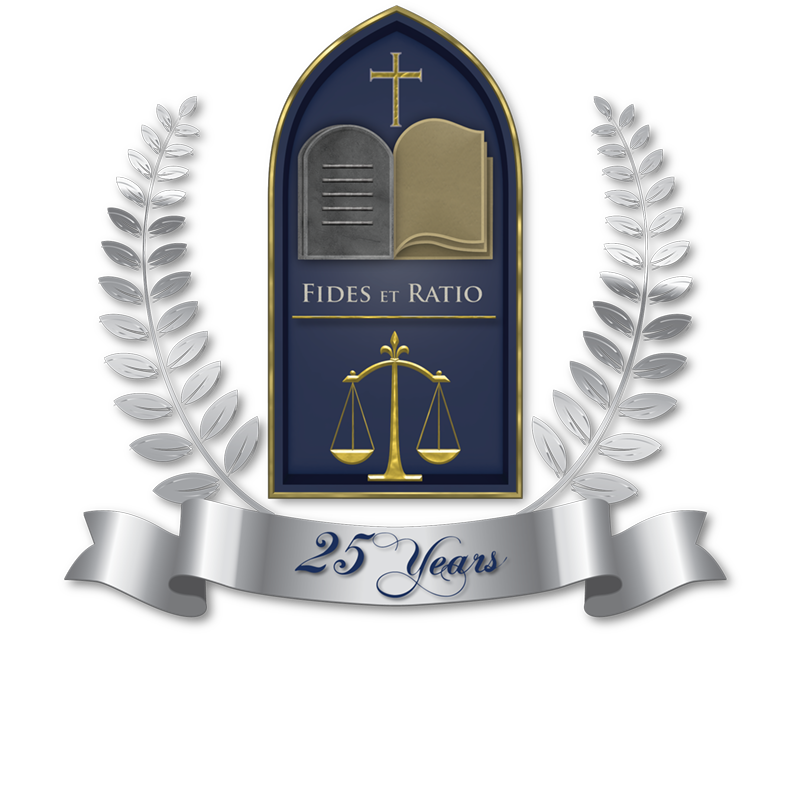Delaware Court of Chancery Strikes Against Elon Musk

By: Tara Powers
Smith Business Law Fellow J.D. Candidate, Class of 2025
The state of Delaware is a haven of incorporation for the majority of America’s publicly traded companies.[1] It famously promotes itself as “America’s Corporate Capital.”[2] However, Elon Musk is now decrying the state and calling for companies to incorporate elsewhere as a new Delaware ruling against him emerges.[3]
There are numerous benefits to incorporating in Delaware, which attracts hordes of incorporations in the state each year. One significant benefit is the state’s lenient taxes.[4] Businesses do not pay corporate income tax, nor does the state enforce sales tax, investment income taxes, inheritance taxes, or personal property taxes.[5] Delaware also offers a sophisticated and well-developed body of business law.[6] The judges sitting on the Delaware Court of Chancery bench specialize in corporate law and have a reputation of favoring corporations and directors.[7] However, at least according to Elon Musk, this business-friendly reputation may be coming into question.
The founder of Tesla and new owner of the social media platform “X” was recently involved in a landmark Delaware decision that should have future boards taking note. In the case, the court held that Tesla’s Board of Directors breached their fiduciary duties by approving a $55.8 billion equity compensation package to Elon Musk.[8] The case was a stockholder derivative suit, with plaintiff-stockholders claiming that the compensation package was a breach of fiduciary duties.[9] The Court of Chancery ruled for the plaintiffs, ordering the rescission of the award on the basis that it was not “entirely fair.”[10] Entire fairness is a test commonly applied by the court to determine whether a board’s actions were entirely fair to stockholders.[11]
Elon Musk and Tesla’s board of directors attempted to safeguard themselves in the transaction by obtaining a fully informed majority vote of disinterested stockholders to approve the package.[12] The package was approved by a majority of disinterested shareholders, at an astounding 73 percent.[13] Typically, such an approval would shift the burden of proof to the plaintiff to show that the transaction was not entirely fair.[14] However, in this case, the court took a less favorable stance, holding that the stockholder vote approving Musk’s compensation award was not fully informed for two reasons: “the Proxy inaccurately described key directors as independent, when several of them had extensive personal and professional relationships of long duration with Musk, including owing much of their personal wealth to Musk; and the Proxy misleadingly omitted details about the process by which Musk’s Grant was approved, including material preliminary conversations between Musk and the Compensation Committee chairman, as well as Musk’s role in setting the terms of the Grant and the timing of the Committee’s work.”[15]
This opinion has been quite controversial, as it goes against a long history of Delaware decisions favoring companies and directors.[16] Musk has moved several of his companies out of the state already and plans to do the same with Tesla following this ruling.[17] He has stated that he will be moving Tesla to Texas, given the recent creation of that state’s own business court system.[18] Now, the question stands – will other companies follow Musk’s lead, or will the fidelity to Delaware continue?
[1] Charlotte Morabito, Why More Than 60% of Fortune 500 Companies Are Incorporated in Delaware, CNBC (Mar. 13, 2023), https://www.cnbc.com/2023/03/13/why-more-than-60percent-of-fortune-500-companies-incorporated-in-delaware.html.
[2] Joseph N. DiStefano, Why is Elon Musk so mad at Delaware?, Phila. Inquirer (Feb. 6, 2024), https://www.inquirer.com/business/elon-musk-delaware-chancery-court-reaction-20240206.html.
[3] Id.
[4] Morabito, CNBC (2023).
[5] Chauncey Crail, Rob Watts, and Jane Haskins, Incorporating in Delaware: Advantages and Disadvantages, Forbes (Feb. 15, 2024), https://www.forbes.com/advisor/business/incorporating-in-delaware/.
[6] Id.
[7] Id.
[8] Sean Feller, Krista Hanvey, Ron Mueller, Christina Andersen, and Gina Hancock, Delaware Court of Chancery Invalidates Elon Musk’s $55.8 Billion Equity Compensation Package, Gibson Dunn (Feb. 5, 2024), https://www.gibsondunn.com/delaware-chancery-court-invalidates-elon-musk-55-8-billion-equity-compensation-package/.
[9] Id.
[10] Id.
[11] Id.
[12] Id.
[13] Id.
[14] Id.
[15] Id.
[16] Ross Antonacci, Nicholas Caggiano, Shannon Frazier, Lewis Ledyard, and Jonathan Strauss, Delaware – The Right Choice for Business, Morris James LLP (2024), https://www.morrisjames.com/newsroom-articles-290.html.
[17] DiStefano, Phila. Inquirer (2024).
[18] Id.




